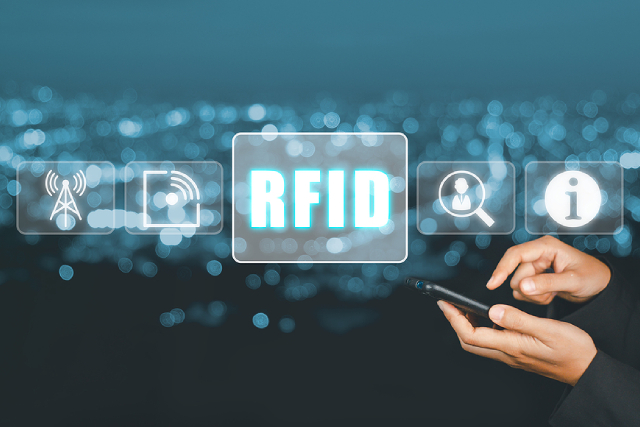The Future of Ticketing: RFID In Event Access & Control

In an era where technology is reshaping the way we experience events, from concerts and sports events to conferences and festivals, the future of ticketing lies in the seamless integration of Radio-Frequency Identification (RFID) technology. RFID is not merely a buzzword; it is a transformative force in event access and control, promising enhanced security, efficiency, and a richer overall experience for attendees.
The evolution of ticketing systems
Traditional paper tickets are becoming obsolete in the face of the digital revolution. QR codes, barcodes, and mobile apps have made significant strides in improving the ticketing process, but RFID technology takes it to a whole new level. RFID operates by using radio waves to communicate between a tag and a reader, providing a faster, more secure, and efficient method of access control.
Enhanced security
One of the primary advantages of RFID in event ticketing is the heightened security it offers. Unlike easily forged paper tickets or replicated QR codes, RFID tags are nearly impossible to duplicate. Each tag has a unique identifier, making it much more challenging for counterfeiters to gain entry. This not only protects event organisers and artists but also ensures a safer and more enjoyable experience for attendees.
Efficiency and speed
RFID technology eliminates the need for time-consuming manual ticket checks and scanning, streamlining the entry process. Attendees can simply wave their RFID-enabled tickets or wristbands near a reader to gain quick access. This not only reduces queuing times but also enhances the overall efficiency of event management. For organisers, this means smoother operations, improved crowd control, and the ability to focus on creating memorable experiences rather than dealing with logistical challenges.
Cashless transactions
RFID technology can also be integrated with cashless payment systems, revolutionising the way attendees make purchases at events. By linking their RFID-enabled tickets or wristbands to their payment accounts, attendees can make seamless transactions for food, beverages, merchandise, and more with just a tap. This not only enhances the convenience for attendees but also provides event organisers with valuable data on consumer behaviour and preferences.
Personalised experiences
RFID technology enables event organisers to gather valuable data on attendee behaviour and preferences. By analysing this data, organisers can create more personalised and targeted experiences for attendees. For instance, they can offer personalised recommendations for merchandise, suggest relevant events or activities, and even tailor marketing messages based on individual preferences. This not only enhances the overall attendee experience but also opens up new revenue streams for organisers.
Environmental impact
In an age where sustainability is a growing concern, RFID technology offers an eco-friendly alternative to traditional paper tickets. The reduction in paper usage not only minimises environmental impact but also contributes to the overall efficiency of event operations. As more events embrace RFID technology, the industry takes a step towards becoming more environmentally responsible.
Challenges and considerations
While the benefits of RFID in event ticketing are substantial, there are challenges and considerations to address. Privacy concerns related to the collection and use of attendee data, potential technological glitches, and the initial costs of implementing RFID systems are among the factors that need careful consideration. However, as technology continues to advance and best practices are established, these challenges can be effectively addressed.
Conclusion
As we stand on the brink of a new era in event access and control, asset tracking systems and RFID technology are poised to redefine the way we experience live entertainment, conferences, and festivals. The enhanced security, efficiency, and personalised experiences offered by RFID-enabled ticketing systems make them the future of the industry.
While several RFID solutions providers are contributing to this transformative journey, it is essential to recognise that embracing the future of ticketing extends beyond the realm of any single entity. Instead, it requires a collective industry effort to integrate and optimise RFID technology for the benefit of event organisers and attendees alike.